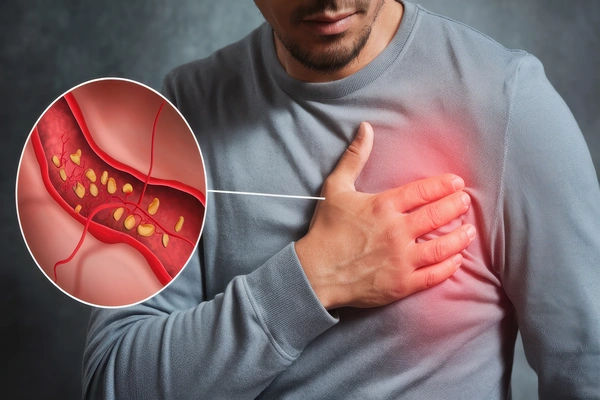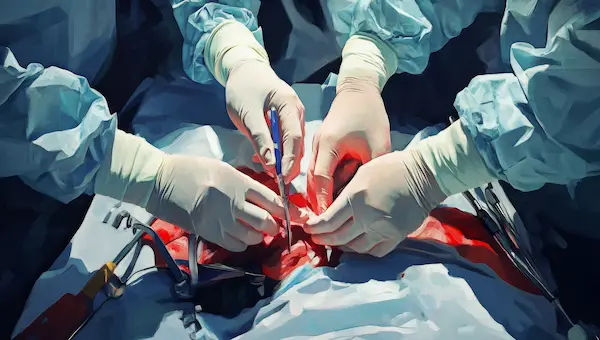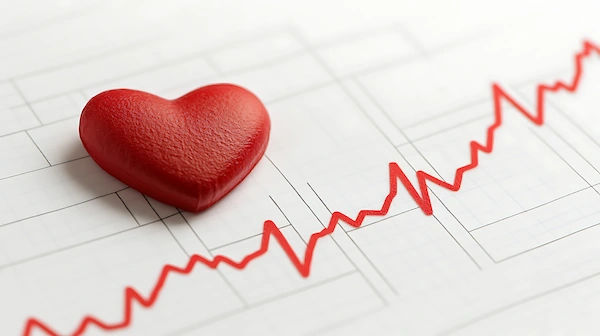- male
- 60 Years
- 20/02/2025
I've got a weak heart and I'm dealing with blood pressure and cholesterol issues. My doctor has prescribed me a bunch of medications: Telemikind 40, Rosuvas, Prolomet XL 40, Clopilet, Finate 160, Rabekind, Amlopin 10, and Homocheck. Is this the right combination for my condition?
Answered by 1 Apollo Doctors
The medications you listed are commonly used for heart conditions and managing cholesterol levels. Here is the breakdown of the medications and their dosages: - Telemikind 40 (Telmisartan 40mg): This is used to treat high blood pressure. - Rosuvas (Rosuvastatin): This is used to lower cholesterol levels. - Prolomet XL 40 (Metoprolol ER 40mg): This is a beta-blocker used to treat high blood pressure and heart conditions. - Clopilet 75 (Clopidogrel 75mg): This is an antiplatelet medication to prevent blood clots. - Finate 160 (Fenofibrate 160mg): This is used to lower cholesterol and triglyceride levels. - Rabekind (Rabeprazole): This is a proton pump inhibitor used to reduce stomach acid. - Amlopin 10 (Amlodipine 10mg): This is used to treat high blood pressure and chest pain. - Homocheck: I am not familiar with this specific medication. It is possible that it is a supplement or a combination product. It's important to take these medications as prescribed by your doctor and attend regular follow-up appointments to monitor your condition.
Dr. Mubarak Suggests...
Consult a Cardiologist
Answered 25/07/2025
0
0

More Cardiology Health Queries
View allI'm experiencing some pain in my chest on the right side of my body, especially when I take a deep breath. It's hard to pinpoint the exact spot, but it feels like it's near the upper part of my back. The pain gets intense with certain movements and when I breathe deeply. This happened about a year ago too, and the doctor did an ECG, but everything checked out fine back then. I don't have any other symptoms, and everything else seems normal. Could it be from bad posture while sleeping or sitting, or maybe it's a severe acidity problem? What do you think is causing this?
Patient is advised pulmonary function test(PFT).
Answered by 1 Apollo Doctors
What should we do when BP is high?
Seek medical help, Eat a healthy diet, exercise regularly, avoid processed foods and reduce stress
Answered by 1 Apollo Doctors
I'm really worried about my 19-year-old daughter's ECG results. The report mentions things like 802 Sinus Tachycardia and 611 T Abnormality Flat T. I'm not sure what all this means and if there's anything serious that we should be concerned about. Could you help me understand if these findings indicate any major health issues? I'm feeling quite anxious and would appreciate any insights you could offer.
This needs further evaluation,visit Physician for the same
Answered by 1 Apollo Doctors
Disclaimer: Answers on Apollo 247 are not intended to replace your doctor advice. Always seek help of a professional doctor in case of an medical emergency or ailment.


.webp)


